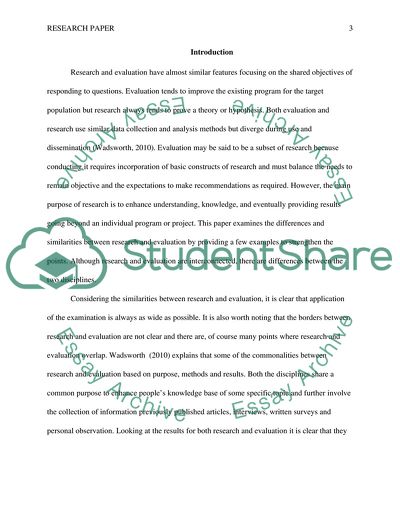Cite this document
(Similarities and Dissimilarities between Research and Evaluation Paper, n.d.)
Similarities and Dissimilarities between Research and Evaluation Paper. Retrieved from https://studentshare.org/education/1816032-compare-and-contrast-research-and-evaluation-how-are-they-similar-and-different-provide-examples
Similarities and Dissimilarities between Research and Evaluation Paper. Retrieved from https://studentshare.org/education/1816032-compare-and-contrast-research-and-evaluation-how-are-they-similar-and-different-provide-examples
(Similarities and Dissimilarities Between Research and Evaluation Paper)
Similarities and Dissimilarities Between Research and Evaluation Paper. https://studentshare.org/education/1816032-compare-and-contrast-research-and-evaluation-how-are-they-similar-and-different-provide-examples.
Similarities and Dissimilarities Between Research and Evaluation Paper. https://studentshare.org/education/1816032-compare-and-contrast-research-and-evaluation-how-are-they-similar-and-different-provide-examples.
“Similarities and Dissimilarities Between Research and Evaluation Paper”, n.d. https://studentshare.org/education/1816032-compare-and-contrast-research-and-evaluation-how-are-they-similar-and-different-provide-examples.


